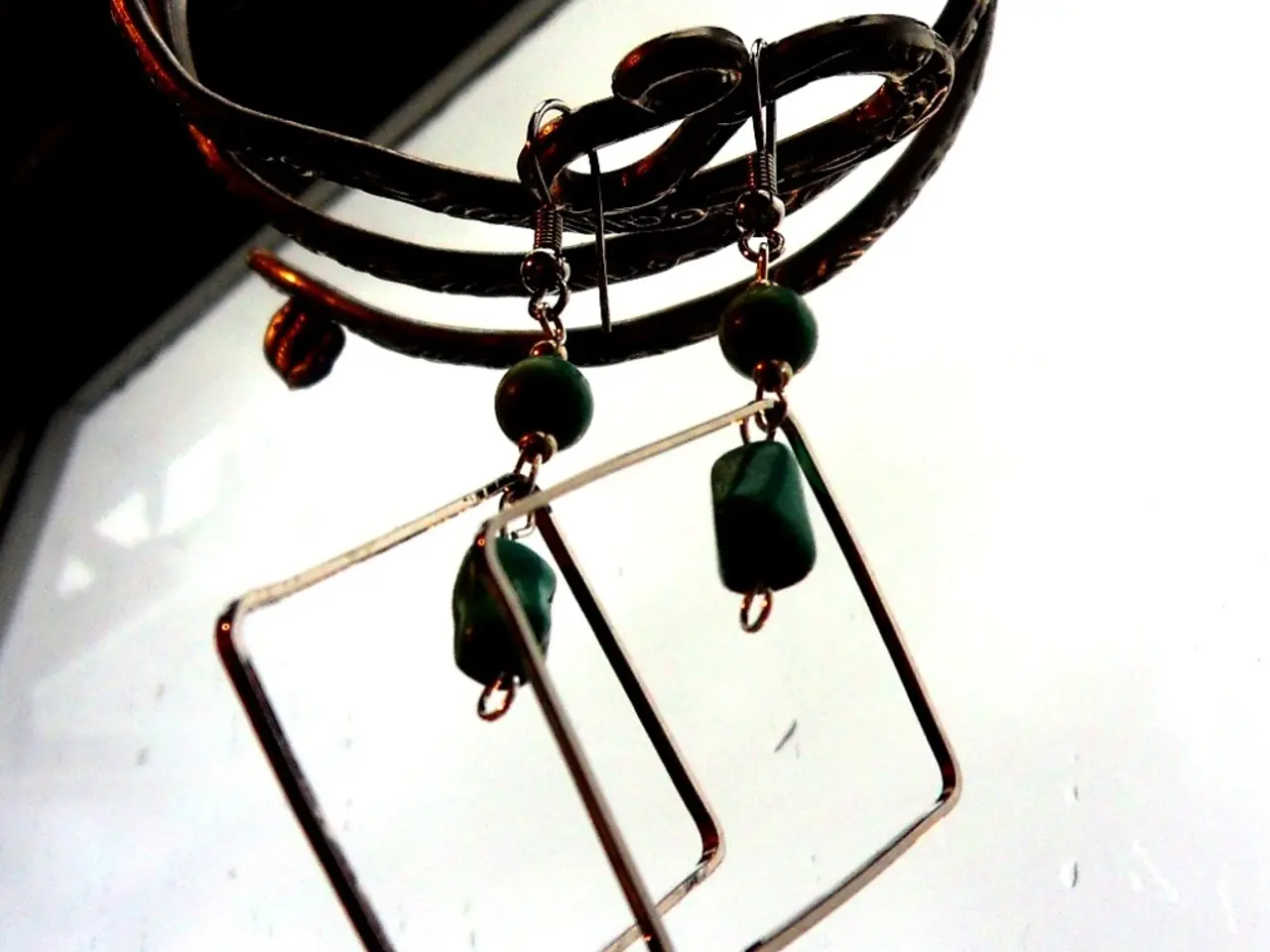Warning signs of potential hearing loss: Recognize when to consult an audiologist for yourself or a loved one
In our daily lives, good hearing and balance are essential for communication and maintaining a sense of stability. When these facets are compromised, it can significantly impact our quality of life. This is where audiologists come in – specialists who offer comprehensive evaluation, diagnosis, and management services for hearing and balance disorders.
Audiologists are licensed healthcare professionals who specialize in assessing, diagnosing, and managing hearing and balance issues. They use specialized diagnostic tests and equipment to evaluate hearing function and balance or vestibular system function to determine the nature and extent of impairments.
During a typical visit with an audiologist, you can expect a detailed conversation about your hearing history, symptoms, and lifestyle needs. This is followed by a comprehensive audiologic evaluation, which includes hearing tests to measure hearing loss. Audiologists can complete advanced testing to assess and manage balance disorders related to the inner ear as well.
One of the key roles of audiologists is diagnosing hearing and balance disorders. They identify the type, degree, and source of hearing loss or vestibular disorders, including tinnitus and vertigo. For instance, if conversations are hard to follow, especially in noisy environments, or if you find yourself frequently asking people to repeat themselves, these could be symptoms of hearing loss.
Once the diagnosis is made, audiologists develop personalized treatment plans. This may include prescribing and fitting hearing aids, cochlear implants, and auditory rehabilitation therapies like communication strategies and lip-reading training. They can also offer vestibular rehabilitation, which involves therapies or exercises to help manage dizziness and balance issues.
Audiologists also provide counseling and education for patients and families. This support is crucial in managing hearing loss, tinnitus, and balance disorders to improve quality of life and communication. They often collaborate with other specialists such as ENT physicians, physical therapists, and speech-language pathologists to ensure comprehensive care.
It's important to note that audiologists work with patients of all ages, from newborns to older adults. Children can benefit from audiologic care if they aren't meeting speech and language milestones, don't respond to their name, or have frequent ear infections.
Hearing loss has been linked to social isolation, depression, and cognitive decline in older adults. By seeking help from an audiologist, individuals can take proactive steps to manage their hearing and balance health, and potentially improve their overall well-being.
In conclusion, audiologists play a vital role in improving patients’ hearing and balance health. They use a combination of testing, treatment, rehabilitation, and counseling to diagnose, manage, and treat hearing and balance disorders, ensuring patients can communicate effectively and maintain their balance with confidence.




